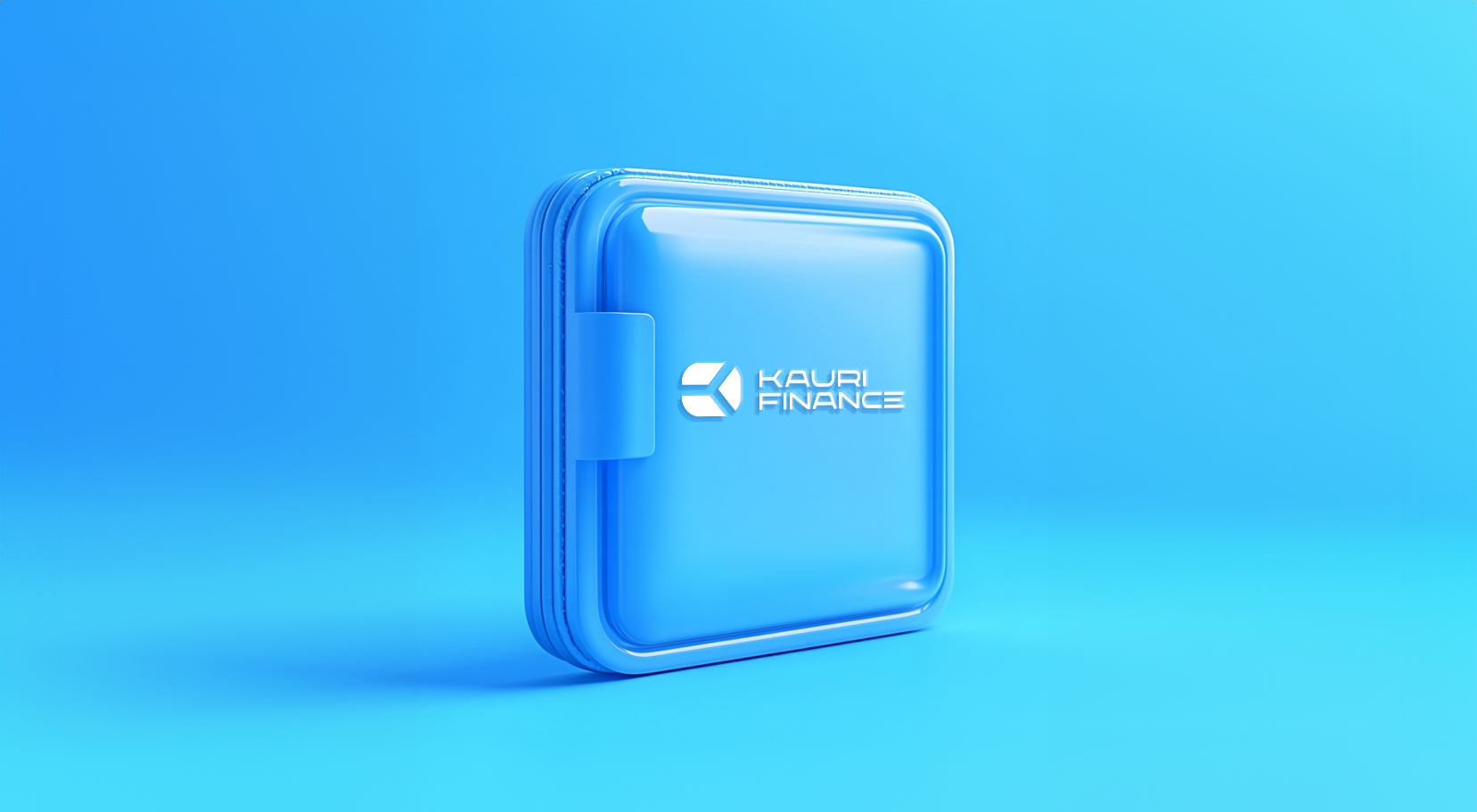
What Is a Crypto Wallet? A Beginner’s Guide to Cryptocurrency

As cryptocurrency continues to grow in popularity, more people are becoming interested in how digital currencies like Bitcoin, Ethereum, and others are stored and managed. Enter the crypto wallet—an essential tool for anyone looking to buy, sell, trade, or hold cryptocurrency. But what exactly is a crypto wallet, and how does it work? This guide breaks down everything you need to know about crypto wallets and why they are so important.
What Is a Crypto Wallet?
A crypto wallet is a tool that allows you to interact with blockchain networks and store digital assets. Unlike traditional wallets that hold physical cash, a crypto wallet doesn't actually store your cryptocurrency. Instead, it stores the private and public keys required to access and manage your digital assets. These keys allow you to send and receive cryptocurrency and give you access to your funds.
- Private Key: A secret code that allows you to access and control your crypto assets. It must be kept secure, as anyone with access to your private key can access your funds.
- Public Key: A publicly shareable address that others can use to send cryptocurrency to your wallet. It functions similarly to a bank account number.
How Does a Crypto Wallet Work?
Crypto wallets interact with blockchain networks to monitor your balance, send funds, and execute transactions. When someone sends you cryptocurrency, they’re effectively signing ownership of the coins to your wallet’s public address. To access and use these coins, you need the corresponding private key.
Once you initiate a transaction (like sending cryptocurrency to someone else), your wallet uses your private key to sign the transaction securely and broadcast it to the blockchain. The network verifies the transaction, and your crypto is successfully transferred.
Types of Crypto Wallets
There are several types of crypto wallets, each offering different levels of security, convenience, and functionality. The main categories include:
1. Software Wallets
Software wallets are digital applications or programs you can download to your computer or smartphone. They are generally user-friendly and allow for easy access to your funds. Software wallets can be further divided into:
- Desktop Wallets: Installed on your computer and accessible only from that device.
- Mobile Wallets: Apps designed for use on smartphones and tablets, making them convenient for on-the-go transactions.
- Web Wallets: Accessible through a web browser, offering the most flexibility since they can be accessed from any device with an internet connection.
2. Hardware Wallets
Hardware wallets are physical devices that store your private keys offline, making them one of the most secure options for storing cryptocurrency. These wallets are typically used by individuals or businesses with large amounts of crypto holdings that need high-level security. Since they are offline (cold storage), they are safe from online hacking attempts.
3. Paper Wallets
A paper wallet involves printing your private and public keys on a piece of paper. This form of wallet is considered very secure from online threats since it is completely offline. However, if the paper is lost or damaged, you may lose access to your crypto permanently.
4. Custodial vs Non-Custodial Wallets
- Custodial Wallets: In these wallets, a third party (often an exchange) holds your private keys for you. While convenient, you are relying on the security and integrity of the third party to protect your funds.
- Non-Custodial Wallets: You have full control of your private keys and funds, giving you maximum autonomy. However, with this control comes the responsibility of securely managing your keys.
Why Do You Need a Crypto Wallet?
A crypto wallet is essential for anyone involved in cryptocurrency, as it is the gateway to managing, storing, and transacting digital assets. Here are a few reasons why having a crypto wallet is important:
- Security: A well-secured wallet can protect your digital assets from theft and hacks, especially if you use cold storage options like hardware or paper wallets.
- Control: Non-custodial wallets allow you to have full control over your private keys and, consequently, your cryptocurrency holdings.
- Convenience: Wallets make it easy to send, receive, and manage crypto assets from anywhere in the world. Some wallets are also integrated with exchanges, making trading seamless.
- Ownership: Having your own wallet ensures that you own your cryptocurrency directly, unlike holding funds on exchanges, where you don’t have control of your private keys.
How to Set Up a Crypto Wallet
Setting up a crypto wallet is straightforward, though the process varies slightly depending on the type of wallet you choose. Below are general steps to get started:
- Download the Wallet: If using a software wallet, download the app or program from the official website. For hardware wallets, you’ll need to purchase the device from a trusted manufacturer.
- Create a New Wallet: Follow the prompts to set up your wallet. This usually involves creating a password and writing down your recovery seed phrase, which is a series of random words that can be used to recover your wallet if you lose access.
- Backup Your Private Keys: Always store your private keys and recovery phrase in a safe place. Never share them with anyone.
- Start Receiving Crypto: Once set up, you’ll be provided with a public key, which you can share with others to receive cryptocurrency.
Security Tips for Managing Your Crypto Wallet
- Backup your wallet: Always backup your private keys and recovery phrases. Keep these backups in multiple secure locations.
- Use strong passwords: Protect your wallet with a unique, strong password.
- Enable two-factor authentication (2FA): If your wallet allows it, enable 2FA to add an extra layer of security.
- Avoid phishing attempts: Be cautious of any unsolicited messages or links that ask for your wallet credentials or private keys.
Conclusion
A crypto wallet is an essential tool for anyone looking to participate in the world of digital currencies. Whether you're a casual investor or a serious trader, choosing the right wallet and understanding how to manage it can make all the difference in ensuring your cryptocurrency remains secure. By taking control of your private keys and following best security practices, you can confidently manage your digital assets in this ever-evolving financial landscape.
